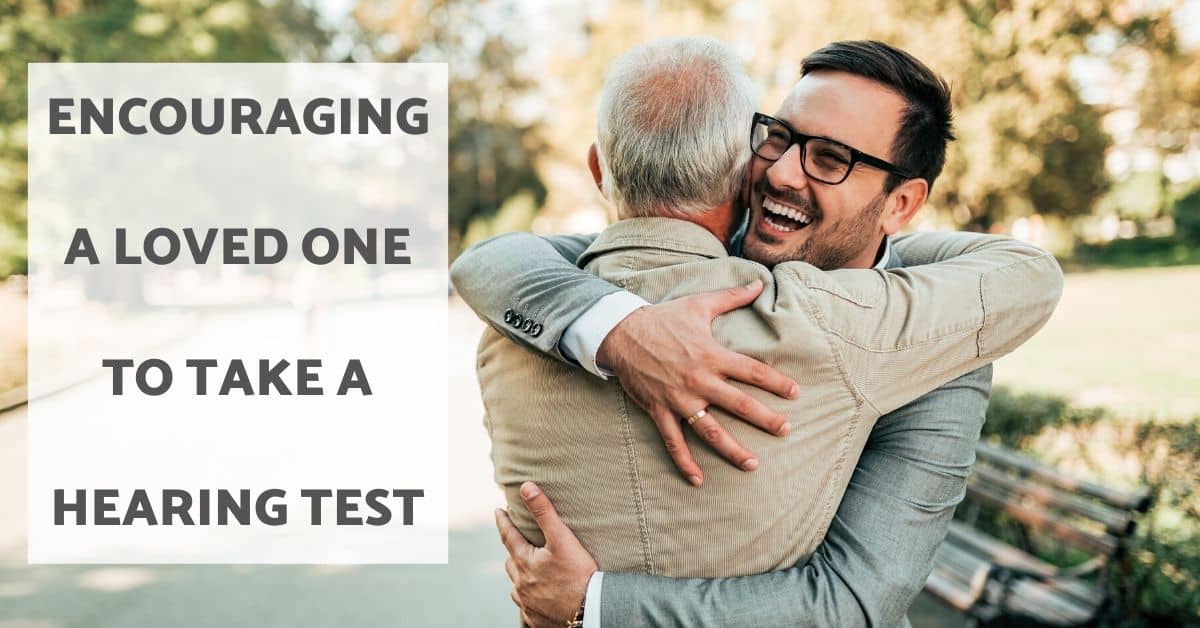Todd’s father retired a few years ago from his job at a foundry in Indiana. He always wore earplugs at work, but lately he seems to have a hard time keeping up with family conversations. Todd is also noticing that the television is often uncomfortably loud when Todd visits him. While they talk, he asks Todd to repeat himself over and over. They used to go out for lunch or dinner a couple times a month, but now Todd’s father prefers to stay in and have Todd come to his house. Todd has brought up the idea that his father might be having trouble hearing, but his dad dismisses it, saying, “I’m fine.”
The scenario described above will be familiar to all too many of us. The simple fact is that hearing loss affects almost 48 million people in the U.S., making it the third most common affliction for people of any age. On top of this, 3 out of 4 people with hearing loss have not been treated for it. The fact that it is so common, coupled with the fact that it is under treated, leads us to believe that many people with hearing loss have an element of psychological resistance to the idea of seeking treatment. Many people feel that admitting they could benefit from the use of hearing aids would make them feel “old.”
So, what can we do to try to convince our loved ones to seek the care they need and get fitted with hearing aids?
Research the Benefits of Treating Hearing Loss
If you are coming to your hearing-impaired loved one with the intention of convincing them to seek treatment for their hearing loss, it will be important to know a few facts about the dangers of hearing loss as well as the positive impacts that treatment can have. The facts, themselves, may do a lot of the convincing.
A few web searches will reveal a wealth of information online. Countless studies have been conducted that point to the immense improvement in life-satisfaction that people experience after getting hearing aids. Treating hearing loss not only improves relationships with family and friends, but it is crucial if someone is still a member of the workforce. In many ways large and small, hearing aids will allow our loved ones to enjoy life significantly more than if they do not seek them out.
Not only will treating hearing loss now have positive effects on our loved ones’ lives, but leaving their hearing loss untreated could indeed have powerful detrimental effects. Those who leave their hearing loss untreated are at a higher risk for social isolation and the loneliness that comes with it. Research at Johns Hopkins has shown that hearing loss, over time, will diminish a person’s cognitive abilities, and that those with untreated hearing loss are at a higher risk for developing dementia. And, more immediately, not only will conversations suffer, but their ability to maintain awareness of the physical world around them will diminish. Our hearing is a primary way we subconsciously move through space, and when these little cues stop coming in, it can lead to an increase in accidental falls and consequently, more than likely, hospitalization.
Have the Conversation in an Appropriate Atmosphere
In starting a conversation about hearing loss with your loved one, it will be important to do your best to make sure they can understand what you’re saying to them. Make sure to have the conversation in an uncrowded place with no background noise. Be sure to face them when you speak, and make sure there is plenty of light. As people begin to lose their hearing, they start to rely on facial expressions and lip reading to help put together what you’re trying to communicate.
Ask About Their Experience, Avoid Blame, Offer Assistance
Try not to focus on what is frustrating to you about their hearing loss, but point to specific experiences when a better ability to hear would have improved a situation. Avoid characterizing the effects of their hearing loss as being about something that is wrong with them, and try rather to frame hearing loss as an unwelcome, outside force.
Make sure to give your loved one the opportunity to tell you about hearing loss from their own perspective, as well. Ask open-endedly about their experience and concerns going forward, both about hearing loss itself and about the process of seeking treatment. Remember that any life changes can be difficult to talk about, so listen without judgment, and be sure to offer your support and assistance on the road ahead.

